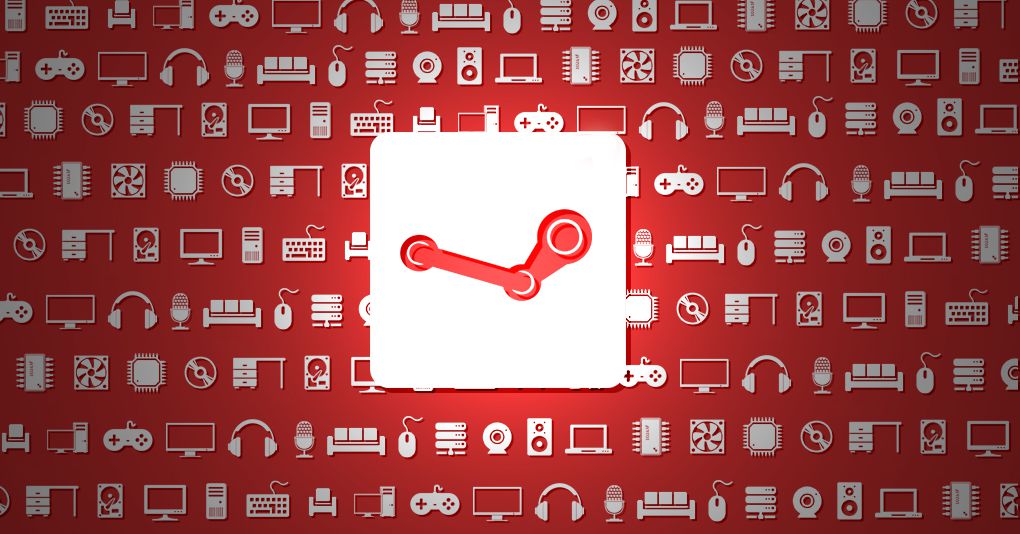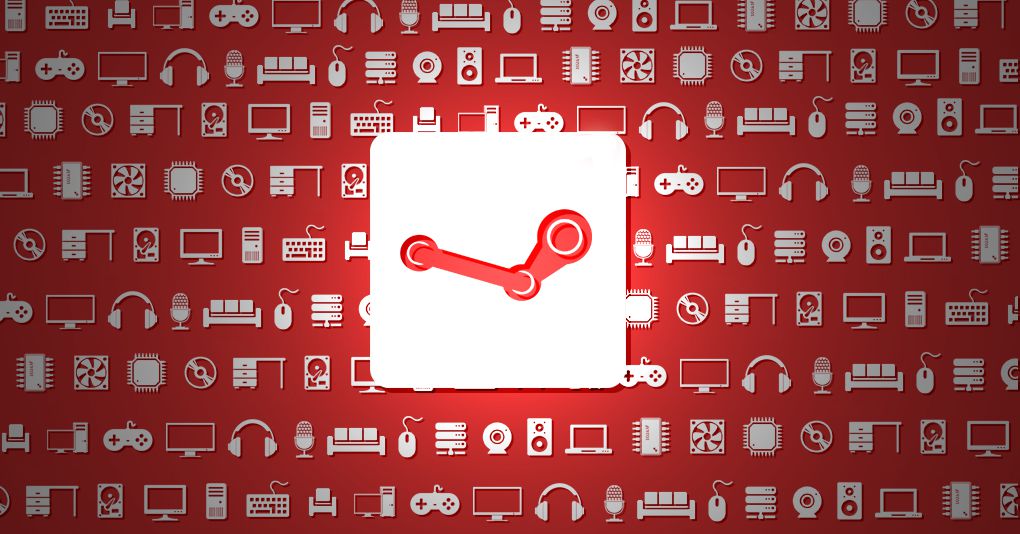
Just two days before Apple gets dragged into a California court to justify its 30 percent App Store fee — and two days after Microsoft axed its 30 percent cut on PC — we’re learning that gaming giant Valve is now facing down lawsuits against its own 30 percent cut and alleged anticompetitive practices with its PC gaming platform Steam.
“Valve abuses its market power to ensure game publishers have no choice but to sell most of their games through the Steam Store, where they are subject to Valve’s 30% toll,” argues indie game developer and Humble Bundle creator Wolfire Games, in a lawsuit filed Tuesday (via Ars Technica).
Clear parallels to Epic v. Apple
Much like Epic v. Apple, the new suit argues that a platform owner is using an effective monopoly over the place where people run their software (there, iOS; here, Steam) to dominate and tax an entire separate industry (alternative app / game stores), an industry that could theoretically flourish and produce lower prices for consumers if not for (Apple’s / Valve’s) iron grip.
Wolfire claims that Valve now controls “approximately 75 percent” of the entire PC gaming market, reaping an estimated $6 billion in annual revenue as a result from that 30 percent fee alone — over $15 million per year per Valve employee, assuming the company still has somewhere in the vicinity of the 360 employees it confirmed having five years ago.
As to how Valve might be abusing its power, there’s a laundry list of complaints that you might want to read in full (which is why I’ve embedded the complaint below), but the arguments seem to boil down to:
- Every other company’s attempt to compete with Steam has failed to make a dent, even though many of them offered developers a bigger cut of the profits, such as the Epic Game Store’s 88-percent revenue share
- Steam doesn’t allow publishers to sell PC games and game keys for less money elsewhere
- That in turn means rival game platforms can’t compete on price, which keeps them from getting a foothold
- Most of those rival game stores have largely given up, like how EA and Microsoft have each brought their games back to Steam
- That ensures Steam stays the dominant platform, because companies that could have become competitors are reduced to simply feeding the Steam engine with their games or selling Steam keys
Wolfire says that the Humble Bundle in particular has been a victim of Valve’s practices — the lawsuit claims that “publishers became more and more reluctant to participate in Humble Bundle events, decreasing the quantity and quality of products available to Humble Bundle customers,” because they feared retaliation if Humble Bundle buyers resold their Steam keys on the grey market for cheap — and though Valve once worked with Humble Bundle on a keyless direct integration, the lawsuit claims that Valve abruptly pulled the plug on that partnership with no explanation.
As you’d expect, the lawsuit doesn’t waste much ink considering why gamers might prefer Steam to the likes of EA’s Origin or Microsoft’s Windows Store beyond the simple matter of price; I’d argue most Steam competitors have been somewhat deficient when it comes to addressing PC gamers’ many wants and needs. But that doesn’t excuse Valve’s anticompetitive practices, assuming these claims are true.
Valve didn’t respond to a request for comment.
This isn’t the first lawsuit brought against Valve; a group of individual game buyers filed a fairly similar complaint in January, and I’ve embedded the new amended version of that complaint below as well. But that earlier complaint also accused game companies alongside Valve — this new one lawsuit is by a game company itself.
Each suit is hoping to win class-action status.
Whether these plaintiffs succeed against Valve or no, the pressure is clearly mounting to reduce these app store fees across the industry, and Valve may have a harder time justifying them than most — it’s seemingly more dominant in the PC gaming space than either Apple or Google are in the smartphone one, even if there are far fewer PC gamers than phone users.
Valve also hasn’t necessarily made a huge concession to game developers so far. In 2018, Valve did adjust its revenue split to give bigger companies more money, reducing its 30 percent cut to 25 percent after a developer racks up $10 million in sales, and down to 20 percent after they hit $50 million. (Apple and Google drop their cuts to 15 percent for developers with under $1 million in sales, theoretically helping smaller developers instead of bigger ones.) But the Epic Games Store only takes 12 percent, and Microsoft’s Windows Store just copied that lead by dropping its 30 percent cut to 12 percent as well.
The EU may also add additional pressure in the future; yesterday, European Commission executive vice president Margrethe Vestager revealed it would also “take an interest in the gaming app market” following its conclusion that Apple has broken EU antitrust laws around music streaming apps. The European Commission already has Valve on its radar, too; it fined the company earlier this year for geo-blocking game sales.
